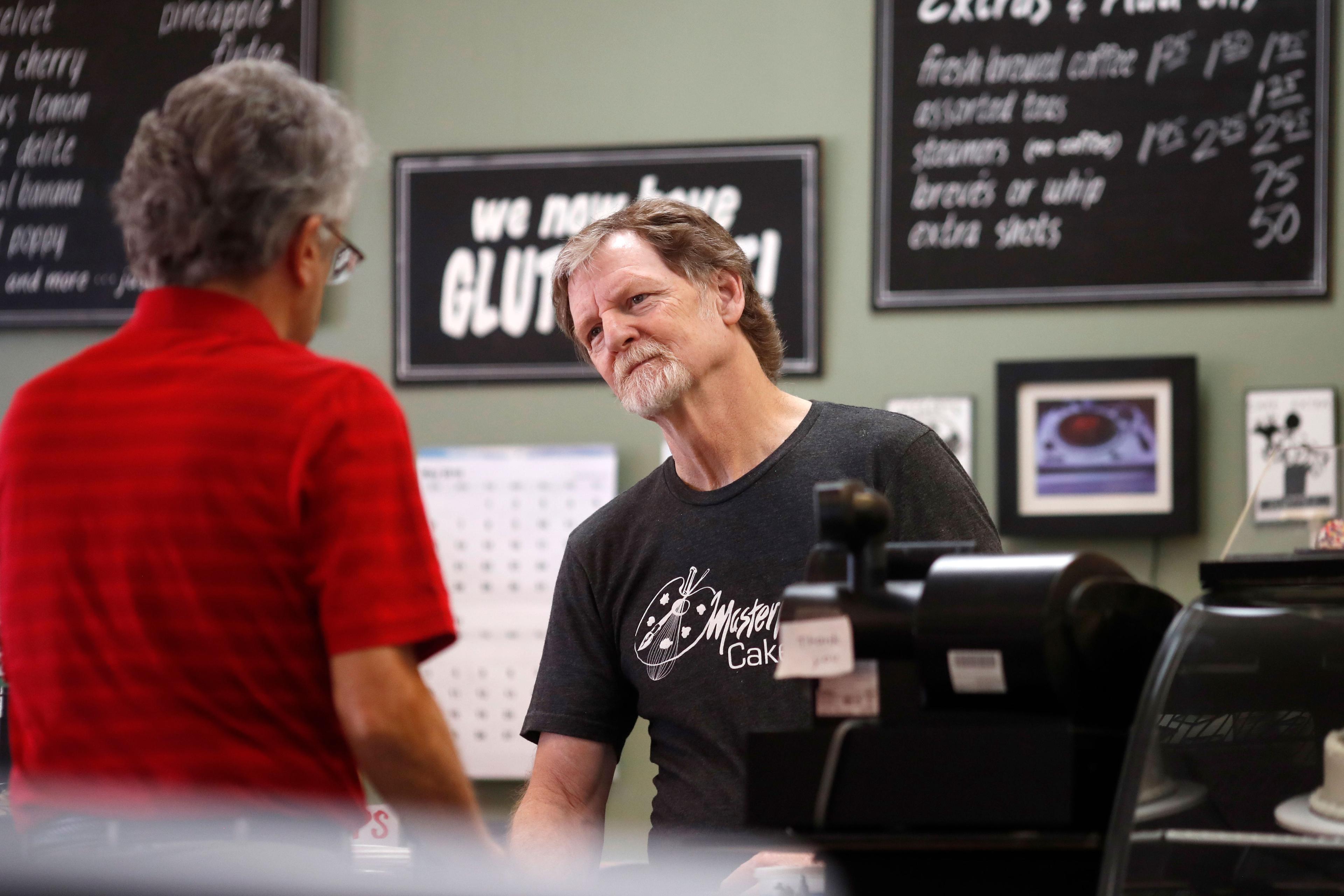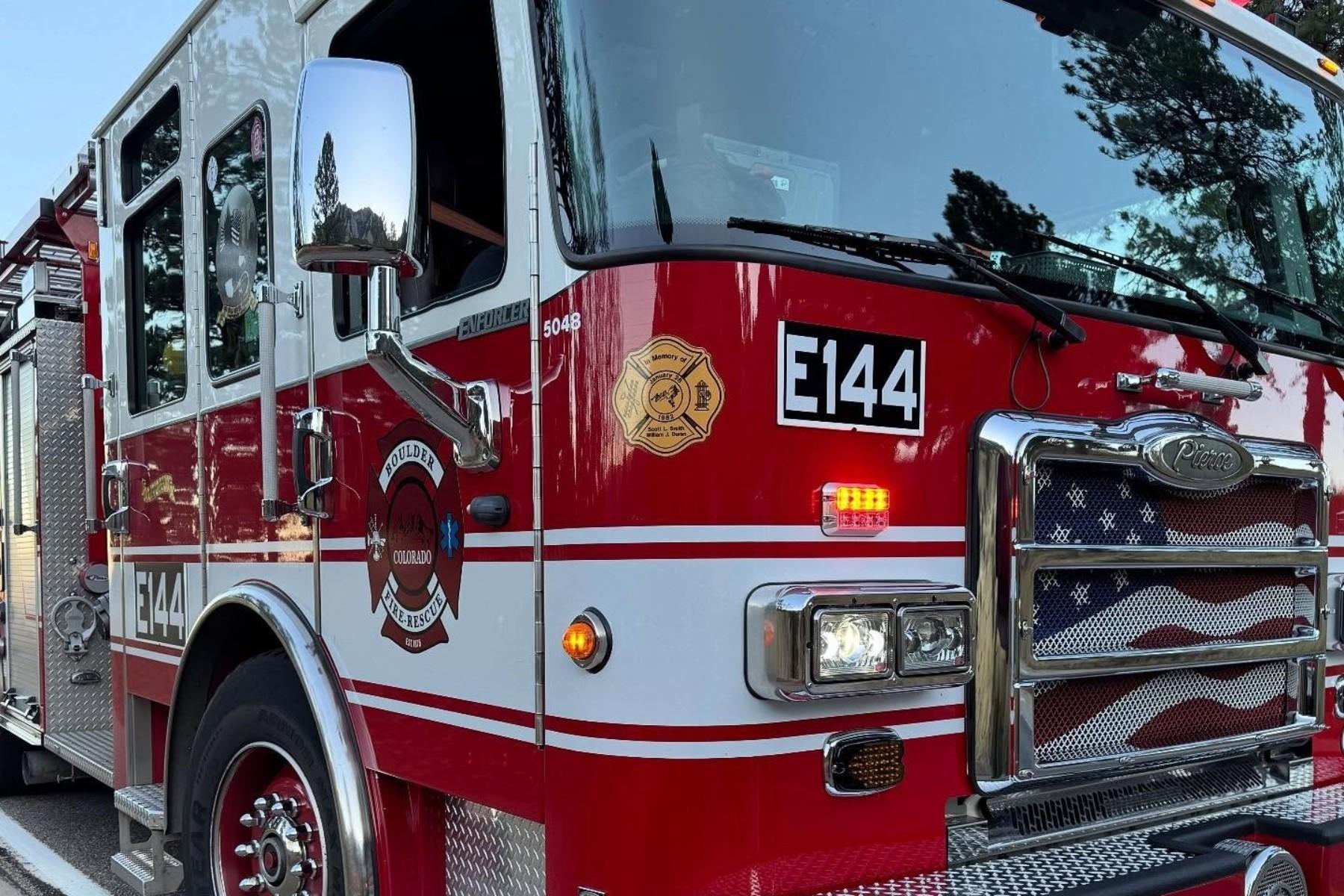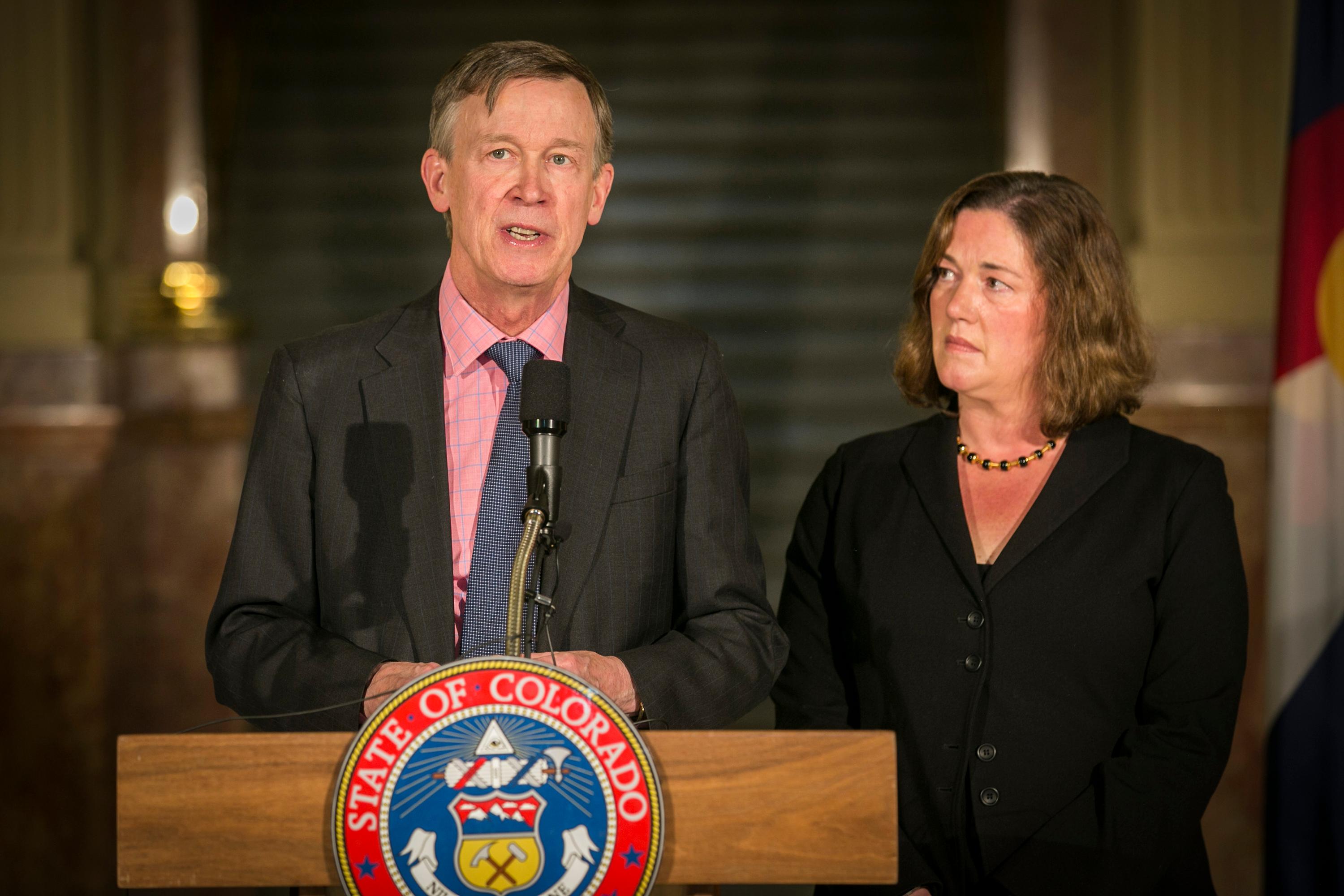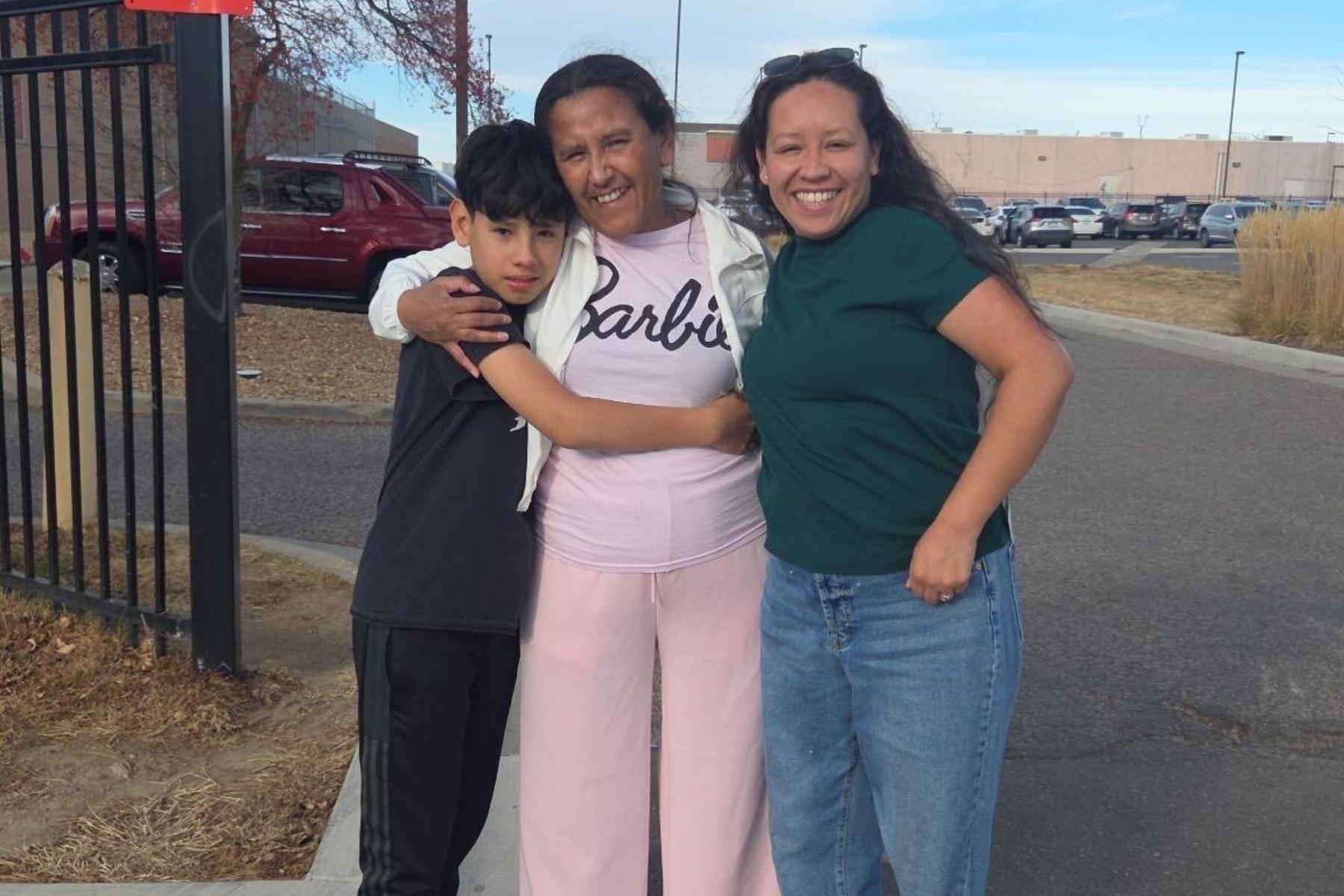

Jack Phillips, the owner of Masterpiece Cakeshop, is ready to get back to business and out of the spotlight. The Lakewood baker no longer faces an upcoming court date.
“It was a great day for us,” Phillips said. “To know that we’d won this case and we could go on and live our lives and go back to the work that we’ve been doing for 25 years — which is serving everybody who comes in my shop.”
While he characterizes it as a victory, both sides agreed to a truce on March 5. Attorney General Phil Weiser said the state will no longer investigate the most recent anti-discrimination complaint against Phillips, and the baker’s lawyers dropped their suit.
“The whole reason why we brought the case was to get the state of Colorado to stop prosecuting Jack,” said Jim Campbell, senior counsel with Alliance Defending Freedom. “So, once the state indicated that it was going to back off, there was no point in us continuing with the lawsuit.”
Campbell was confident that they could have prevailed in their case against the Colorado Civil Rights Commission. Their argument turned on what the justices of the U.S. Supreme Court focused on in their 2018 opinion delivered in the first Masterpiece Cakeshop v. Colorado Civil Rights Commission. Theat ruling stated that the commission’s “consideration of this case was inconsistent with the State’s obligation of religious neutrality.”
“In fact, just last week, we uncovered some recordings of current commissioners publicly agreeing with the anti-religious comments that the Supreme Court condemned in the decision this past summer,” Campbell said. “So, we’re convinced we could have made the case for hostility.”
Phillips acknowledged that a number of people have come into Masterpiece, or have called, and asked for cakes that don’t align with his religious beliefs — and he has continued to decline the work. However, it’s “always the cake and the message of the cake,” Phillips said. “It’s never the person asking for the cake.”
Despite the armistice with the state, the specter remains that another complaint could be made. Neither Phillips nor Campbell received any assurances from the Attorney General or the commission that they wouldn’t take up any future complaints. ADF’s Campbell is “hopeful that the state will respect Jack’s religious freedom going forward, but only time will tell what will come in the future.”
They see that artistic freedom as something that applies across the board and not something that is specifically religious. Campbell said creative professionals in these lines of work “should be free to decline consistent with their beliefs.”
“Just like Jack shouldn’t be forced to create a cake that expresses a message in conflict with his beliefs, a lesbian cake artist shouldn’t be forced to create a cake denouncing same sex marriage for a religious group,” he said.
The first Masterpiece Cakeshop case didn’t solve the larger question of how religious freedom clashes with anti-discrimination laws. While both Phillips and Colorado have walked away from this latest case, other national cases are poised to possibly push the legal question forward.
“We’re hoping that the court, the next time it gets a case like this, will decide and make it clear that creative professionals are free to live a work consistent with their religious beliefs,” Campbell said.
CPR News’ Sam Brasch, Rachel Estabrook and Jim Hill contributed to this report.








